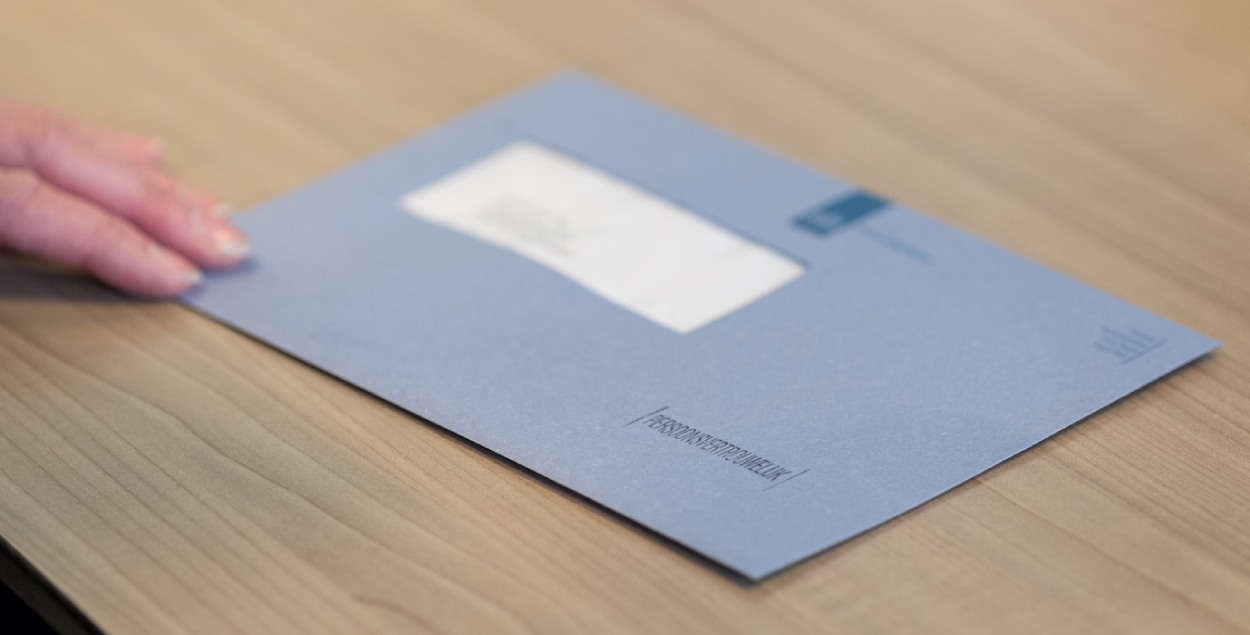Taxes
Quickly go to
- Income Tax
- Filing your annual income tax
- The 30% tax ruling
- Other types of tax
- Municipal taxes
- Relevant website
- Discover more what it's like to live in the Netherlands

Everyone is taxed on their income in the Netherlands. The good news for those who are employed by an organisation is that your employer will automatically pay your income tax throughout the year.
This so-called payroll tax is composed of contributions for social benefits and a general tax on your wage. Employers will withhold a specific amount from your gross salary, which is another reason why you should be aware of your gross (bruto) salary and your actual salary after-tax is deducted (netto) when negotiating a new job. However, even though income tax from your employer is filed on your behalf, everyone is required to file their own annual income tax return declaring taxable income from other sources, such as other jobs, investments or their partner’s earnings. Note that self-employed professionals are responsible for calculating their own income tax and paying it as part of their annual tax return. Many freelancers and business owners seek assistance from an accountant.
Taxable income is divided into three groups, called boxes, each with its own interest rate. The boxes are comprised of:
Income from Salary: This includes earnings from employment, freelance work, pensions, and social benefits. It is subject to progressive tax rates based on your income level.
Income from (Substantial) Interest: If you hold 5% or more of a domestic or foreign company's shares, this income is taxed at a flat rate of 25%.
Income from Savings and Investments: This includes savings accounts, stocks, real estate, and other assets like gold or cryptocurrencies. Each year, the value of your assets is assessed. There is a tax-free capital limit: €50,000 for individuals and €100,000 for couples.

Internationals who were recruited from overseas should check if they meet the conditions for the 30% reimbursement ruling. This is a tax advantage for highly skilled internationals who have been recruited from abroad for a specific position. Employers can apply for this incentive on behalf of employees, which rules that 30% of their gross wage will be tax-free. To be eligible for this, employees need to be transferred or recruited from abroad, have a specific skill set that is scarce in the Dutch market and earn a minimum taxable salary after the 30% deduction. In 2021, this amount was 38,961 euros, or 29,616 euros for those under 30 and with a Master’s degree.
As with many countries, VAT sales tax, known as omzet or BTW-belasting is charged in the Netherlands. Every business must add ‘BTW’ to their goods and services. The amount ranges from 9% to 21%, depending on the type of product or service. At the end of each quarter, businesses (and freelancers) must do their BTW-aangifte: a VAT tax declaration to the Belastingdienst.
In addition to these state taxes, residents in the Netherlands also pay taxes to the municipal government including a waste collection levy, sewage levy and water taxes. Home owners also pay an annual tax based on the value of their property and vehicle owners pay a road tax.
1. Obtain your DigiD: This is essential for accessing online services, including tax filing.
2. Keep records: Track all income sources and deductions throughout the year.
3. Consult an accountant: If you're self-employed or unsure about your tax obligations, consider seeking professional advice.
4. Stay informed: Regularly check the Belastingdienst website for updates on tax rates, deadlines, and regulations.